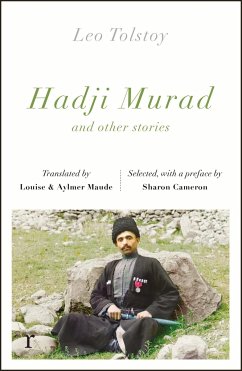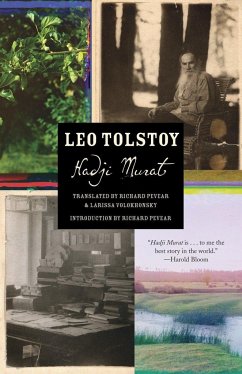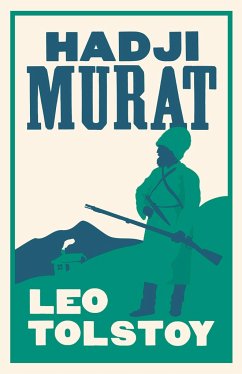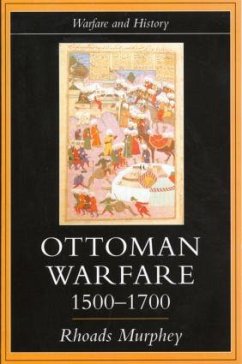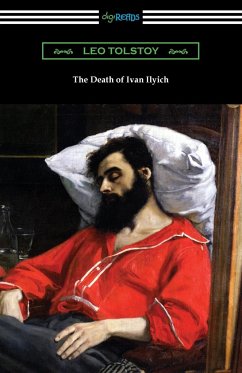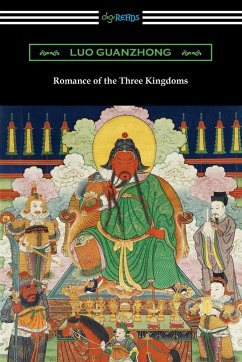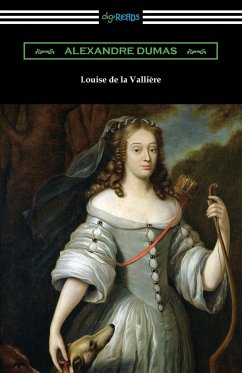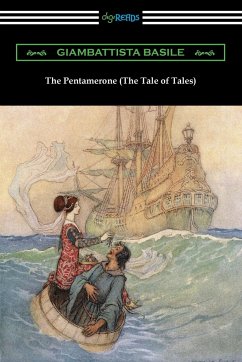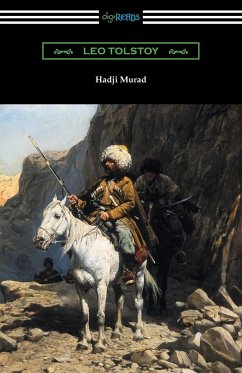
Hadji Murad
Versandkostenfrei!
Versandfertig in 1-2 Wochen
11,99 €
inkl. MwSt.

PAYBACK Punkte
6 °P sammeln!
First published in 1914 after Leo Tolstoy's death, "Hadji Murad" was the author's last novel. Drawing upon his own experiences fighting for the Russian army, historical archives, and the true story of the real-life Hadji Murad, the story is a narrative based on actual events that occurred during the Russian war with the Chechens during the 1850's. "Hadji Murad" focuses on the life and struggles of its central character, a Chechen soldier who breaks ranks and flees to the side of the Russians in the hope that the Russians will help him free his family from the control of the Muslim religious le...
First published in 1914 after Leo Tolstoy's death, "Hadji Murad" was the author's last novel. Drawing upon his own experiences fighting for the Russian army, historical archives, and the true story of the real-life Hadji Murad, the story is a narrative based on actual events that occurred during the Russian war with the Chechens during the 1850's. "Hadji Murad" focuses on the life and struggles of its central character, a Chechen soldier who breaks ranks and flees to the side of the Russians in the hope that the Russians will help him free his family from the control of the Muslim religious leader Imam Shamil. Murad does not find the help he seeks though and is not trusted by many of the Russian military commanders, who view him as a potential spy. Frustrated by the lack of progress towards his goal, Murad eventually returns to try and rescue his imprisoned family himself with tragic consequences. "Hadji Murad" is the final masterpiece by a gifted writer which brilliantly examines the brutality and senselessness of war and contrasts it with the beauty of the human spirit and the importance of resistance in the face of injustice. This edition is printed on premium acid-free paper and follows the translation of Aylmer Maude.





